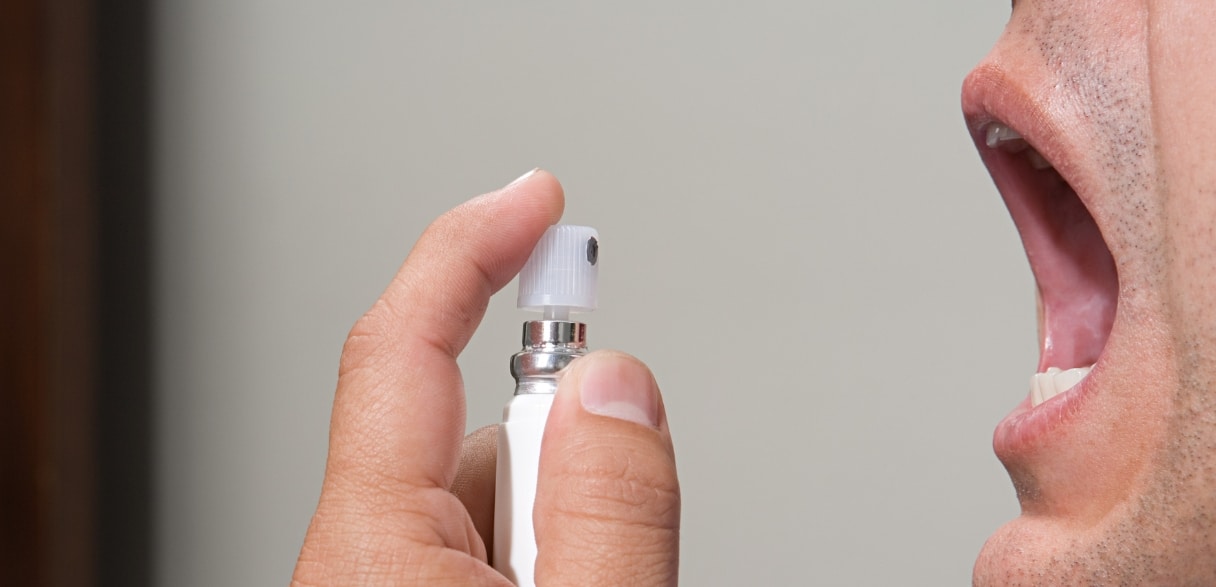
Are you aware that oral health is more than just avoiding cavities and brushing twice a day? While these practices are extremely important, there are other factors that can contribute to poor oral hygiene. From lifestyle choices to medical conditions, we have compiled five surprising causes of bad oral health and how to treat them. So read on to discover what could be causing oral health issues and what you can do about it.
Tobacco Use:
Tobacco use, such as smoking cigarettes or chewing tobacco products, can cause serious oral health problems. Tobacco affects the gums by reducing blood flow, leading to an increased risk for gingivitis (inflammation of the gums). In addition, it increases the chance of oral cancer, oral lesions, and discolored teeth. The best way to prevent oral health problems caused by tobacco use is to quit or reduce consumption. Talk to your doctor if you need help quitting smoking.
Discolored Teeth:
Tobacco use can cause yellowing or staining of the teeth due to the nicotine and tar present in cigarettes and other products. This discoloration can be difficult to reverse without professional intervention. If you are a smoker, try using whitening toothpaste and mouthwashes that contain peroxide to help remove stains from the surface of your teeth.
Gum Disease:
Smoking can increase your risk for gum disease, an infection of the gums that can lead to tooth loss and other oral health problems. Quitting smoking, brushing regularly with fluoride-containing toothpaste, and flossing daily are the best ways to prevent gum disease.
Oral Cancer:
Tobacco use increases the risk of oral cancer. Symptoms of oral cancer include lumps in the neck or mouth, difficulty swallowing or speaking, persistent sores in the mouth that won’t heal, and red or white patches on the tongue or inside of the cheek. If you experience any of these symptoms, see your doctor for testing.
Stress:
High levels of stress can have a negative effect on oral health. Stress can lead to bruxism (teeth grinding) and temporomandibular joint disorder (TMJ). These conditions cause pain in the jaw muscles and can lead to erosion of the teeth’s enamel and oral infection. To help reduce stress, try exercising, meditating, or engaging in other relaxation techniques.
Bruxism:
Stress-related teeth grinding is a common problem that can result in pain, headaches, and damage to the teeth if left untreated. If you notice symptoms of bruxism, such as jaw pain or sensitivity when biting down on food, see your dentist for treatment options. Your dentist may suggest wearing a custom mouthguard at night to prevent teeth grinding.
TMJ:
Temporomandibular joint disorder (TMJ) is a condition that affects the jaw and can cause pain in the face, neck, and head. To help relieve symptoms of TMJ, try doing facial massages, avoiding extreme jaw movements such as yawning or chewing gum, and using heat or cold packs on your jaw. If these methods don’t work, talk to your doctor about other treatment options, such as oral splints or physical therapy.
Stress-Related Cavities:
High levels of stress can lead to unhealthy oral habits such as nail biting and lip biting, which can increase the risk for cavities. Make sure to practice proper oral hygiene by brushing and flossing regularly and limiting sugary snacks. If you are feeling stressed, try exercising or talking to a therapist for additional support.
Poor Nutrition:
A poor diet can affect oral health in several ways. Sugary foods and drinks increase the risk of tooth decay, while acidic beverages such as soda and energy drinks can cause enamel erosion. In addition, deficiencies in certain vitamins such as iron, zinc, folic acid, and Vitamin B12 can lead to oral health issues, including discolored teeth and oral lesions.
Tooth Decay:
Sugary foods fuel oral bacteria, producing acids that erode tooth enamel. To help prevent tooth decay, reduce your consumption of sugary snacks and drinks and stick to healthy options such as fruits, vegetables, nuts, and whole grains.
Enamel Erosion:
Acidic beverages can erode the enamel of the teeth leading to sensitivity and discoloration. Try drinking plain water or unsweetened teas instead of soda and energy drinks. If you consume acidic beverages, try to drink them through a straw and rinse your mouth with water after consuming them.
Vitamin Deficiency:
Deficiencies in certain vitamins can lead to oral health problems, including discolored teeth, oral lesions, dry mouth, inflammation of the oral mucosa, and gingivitis. Eating a balanced diet with lean protein, whole grains, fruits, vegetables, nuts, and seeds can help prevent vitamin deficiencies.
It is essential to be aware of the potential causes of oral health issues to take preventive measures as soon as possible. Regular visits to the dentist for professional cleaning and oral exams are essential for maintaining good oral hygiene. Be sure to brush twice a day with fluoride-containing toothpaste, floss daily, eat a healthy diet low in sugar and acidic beverages, and reduce stress levels when necessary to keep your mouth healthy.
Answer: If you are experiencing oral health issues, it is best to visit your dentist for a professional examination and treatment options.
Answer: One of the best ways to prevent oral health issues is by practicing good oral hygiene, such as brushing and flossing regularly and limiting sugary foods and drinks. Eating a balanced diet high in fruits and vegetables can also help maintain oral health.
Answer: Grinding your teeth at night can lead to pain, headaches, and damage to the teeth, so it’s essential to seek treatment from your dentist. Your dentist may recommend wearing a night guard to protect your teeth while you sleep or suggest other treatment options, such as oral splints or physical therapy.



